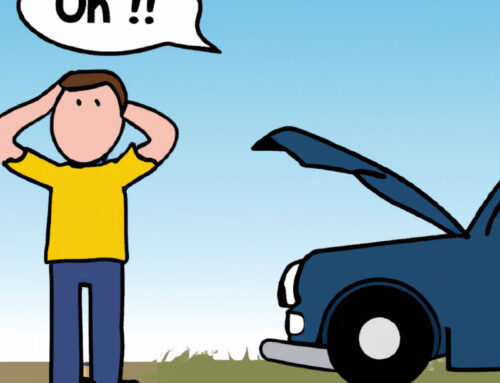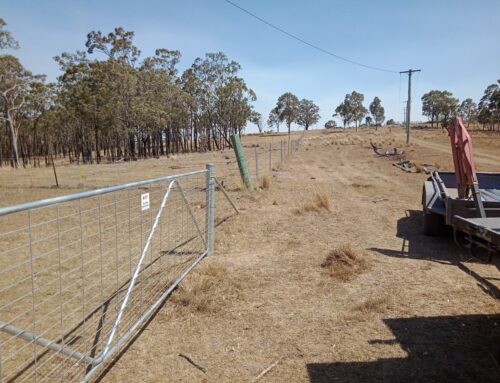The use of Li-ion batteries is becoming increasingly common in the workplace, just think of all of your cordless power tools and what about your smart phone!
There are many benefits to using Li-ion batteries, but there are situations that can lead to Li-ion batteries catching fire. These include:
- overcharging or use of non-compliant charging equipment
- overheating or exposure to heat or extreme temperatures
- physical damage (e.g., dropping, crushing, piercing, and/or vibrations)
- short-circuiting, battery cell malfunctions or system faults
- defects or contamination introduced during manufacture.
When Li-ion batteries fail they can undergo thermal runaway which can lead to an intense, self-sustaining fire that can be difficult to extinguish.
Stay safe when charging Li-ion batteries at home or the workplace:
- have a working smoke alarm in rooms where batteries are charged or stored
- charge batteries on hard surfaces that can’t catch on fire like concrete floors or tiles
- large batteries used in power tools and e-bikes should be charged in the garage, shed or carport, away from living spaces and bedrooms
- charge batteries when you are awake and home, don’t charge when you’re sleeping or away
- disconnect the battery from the charger when fully charged.
Dispose of batteries that show signs of damage, including:
- swelling, bulging, leaking, cracks, dents, punctures, or crushing
- overheated batteries
- batteries that have gotten wet or have been in water
- batteries that have been in or exposed to fire.
Inspect your equipment and charger regularly and charge your equipment safely.
Article from Safe Wrap NSW
